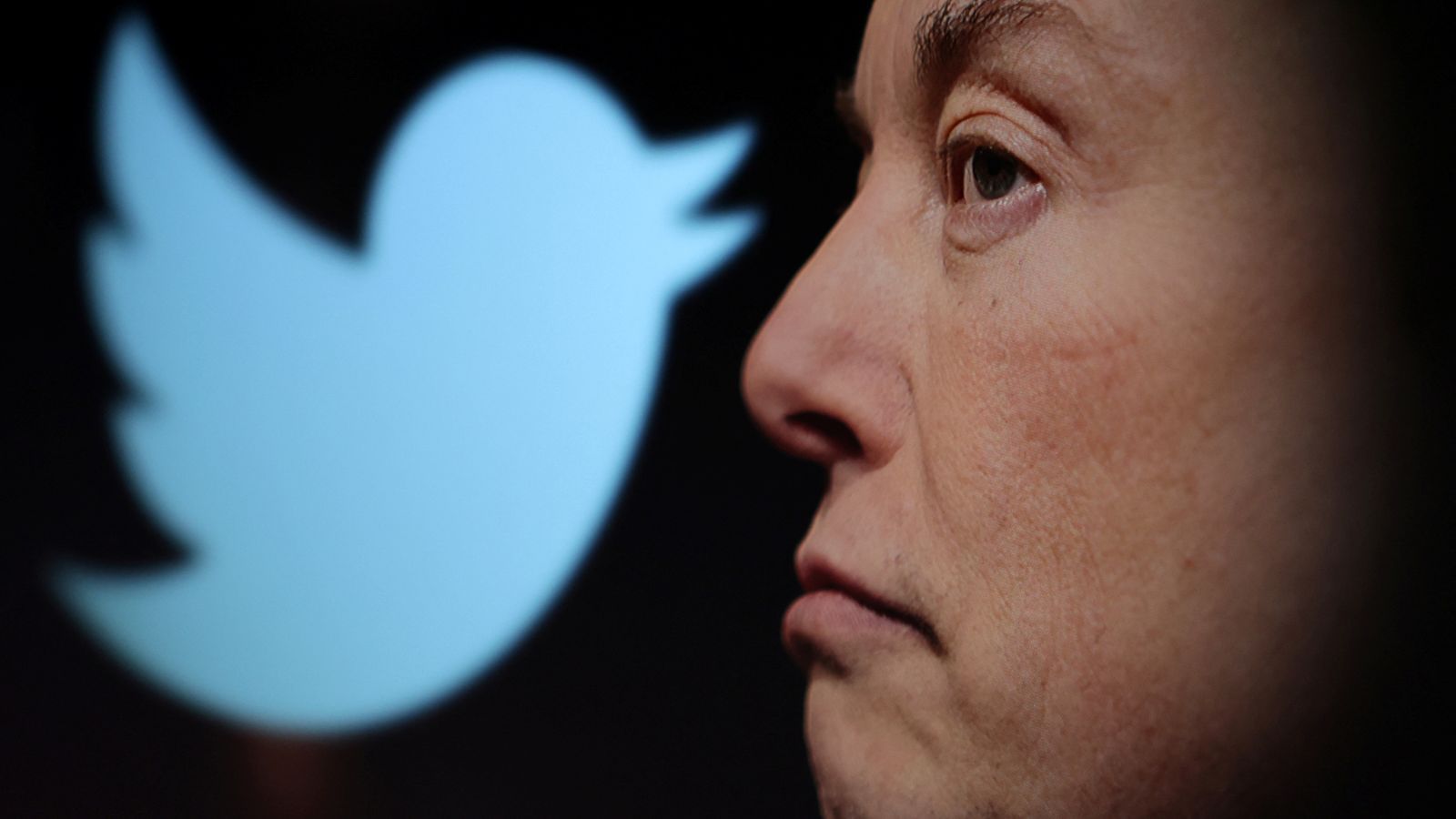Elon Musk completes $44bn Twitter takeover – and immediately sacks top executives

Elon Musk has completed his $44bn (£38bn) takeover of Twitter after months of toing and froing over the deal.
His first move was to fire the social media company’s top leadership, which he accused of misleading him over the number of spam accounts on the platform.
Musk sacked Twitter’s chief executive Parag Agrawal, chief financial officer Ned Segal and legal affairs and policy chief Vijaya Gadde, according to reports.
It has also been claimed Agrawal and Segal were in Twitter’s San Francisco headquarters when the deal closed and were escorted out of the building.
Musk later tweeted “the bird is freed” in a nod to the deal being completed.
The Tesla and SpaceX founder was given a deadline of 28 October to close the deal to avoid going to trial, after the social media company sued him for trying to rip up his original offer made back in April.
Musk and Twitter were due in court on 17 October, but it was pushed back after the world’s richest man said he would go through with the purchase after all.
Earlier this week, Musk posted a bizarre video of himself entering Twitter’s San Francisco headquarters carrying a sink alongside the message: “Entering Twitter HQ – let that sink in”.
Musk, who has updated his Twitter bio to “Chief Twit”, said on Thursday he did not buy the social media platform to make more money but “to try to help humanity, whom I love.”
Advertisement
He says he wants to “defeat” spam bots on Twitter, make the algorithms that determine how content is presented to its users publicly available, and prevent the platform from becoming an echo chamber for hate and division, even as he limits censorship.
He has not offered details on how he will achieve these wishes and who will run the company – and has so far been vague about his plans.
Elon Musk first made an unsolicited bid for Twitter in April, and it’s been a will he, won’t he, on-again, off-again saga since then.
The billionaire has spent the intervening period dropping crumbs of information about what he wants Twitter to be under his control.
Musk seems to be suggesting less moderation of what users put on the platform, although he did tweet this week: “Twitter obviously cannot become a free-for-all hellscape, where anything can be said with no consequences!”
But there are major mid-term elections coming up in the US and a presidential election approaching in Brazil. Both of those events are likely to be plagued by misinformation and election denial.
So, this is the first big test for Musk, now in charge of one of the world’s biggest communication platforms. We’ll find out soon enough where his red lines are.
According to reports, Musk told staff during his visit it was not true he was planning on cutting up to 75% of Twitter staff after acquiring the company.
It was previously reported that Musk told investors he was hoping to cut around three-quarters of the firm’s 7,500 employees.
In other plans, the outspoken billionaire has also repeatedly referred to a “super app”, which he has tentatively dubbed “X”.
The concept has drawn comparisons with China’s WeChat, which combines familiar features like messaging, a marketplace, and public Twitter-style posts into one place.
Read more:
Super app or Wild West? The future of Twitter under Elon Musk
Musk has told investors he plans to sell users premium subscriptions to reduce reliance on ads, allow content creators to make money and enable payments, according to Reuters news agency.
Elsewhere, his plans to cut content moderation are feared to lead to a deluge of hateful, harmful and potentially illegal content on Twitter.
He has previously spoken of his belief in “absolute free speech” and hinted he would allow suspended and often controversial figures, such as former US president Donald Trump, to return to the platform.
Please use Chrome browser for a more accessible video player
0:10
‘Let that sink in’
Experts have warned that the world’s richest man’s loose stance on moderation could be a route for the service’s “very worst” trolls to thrive, turning Twitter into a “Wild West” where anything goes.
The 28 October deadline was to give Musk time to finance the deal. Had it not been met, a judge in Delaware – the US state where Twitter is incorporated – would have arranged a trial for November.
It ends months of bad blood between the two parties regarding the takeover, with Musk complaining about fake accounts on the platform and claims by a whistleblower that Twitter misled regulators about security risks.
It also emerged earlier this month that Musk is being investigated by federal authorities over his conduct.